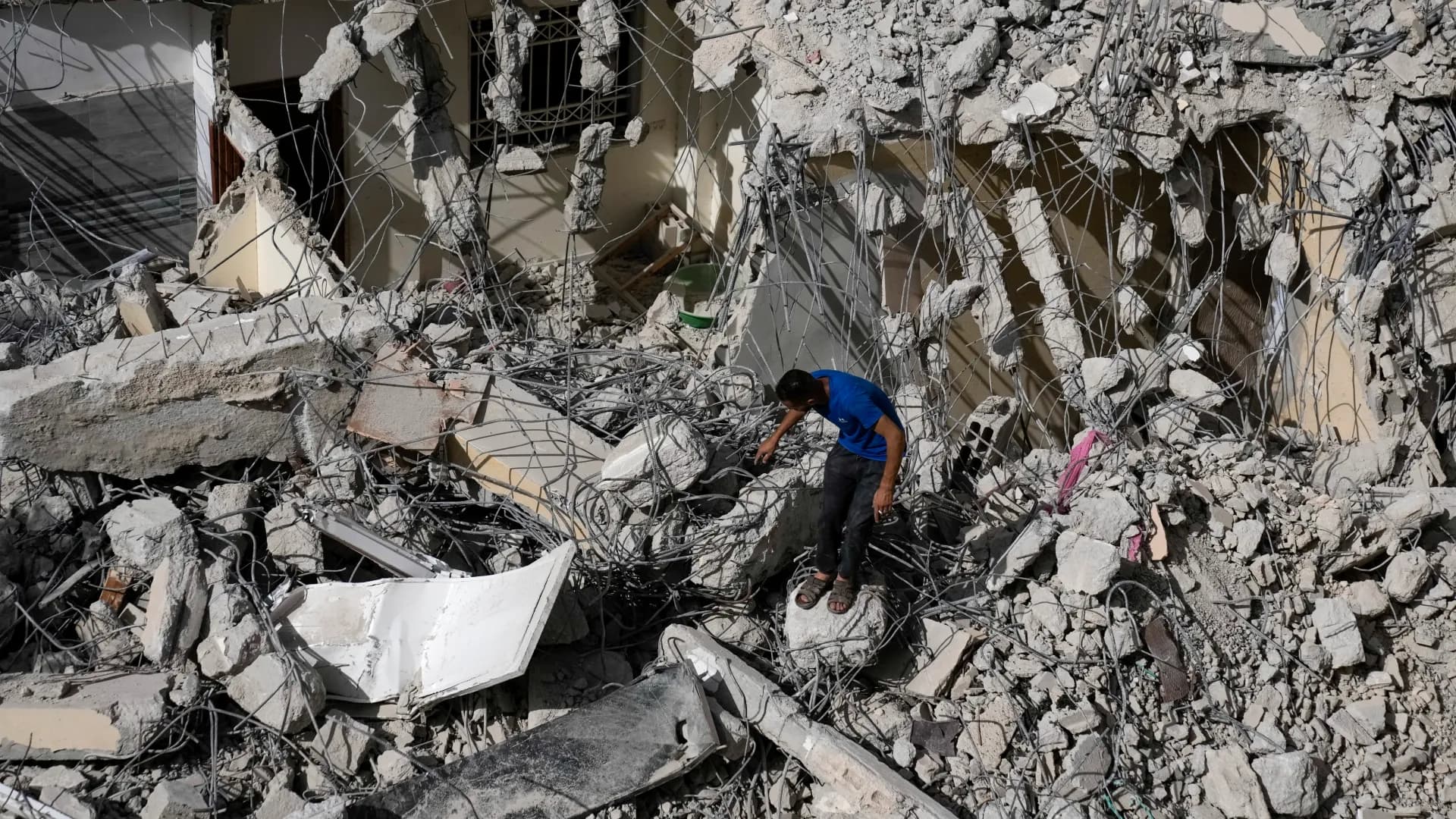We're loading the full news article for you. This includes the article content, images, author information, and related articles.
A surge in Israeli settler attacks against Palestinians in the occupied West Bank, reaching the highest levels since UN records began, is intensifying international pressure and creating new fault lines within Israel's own leadership.

The occupied West Bank is experiencing an unprecedented wave of violence, with attacks by Israeli settlers against Palestinians reaching a record high in October 2025. The United Nations Office for the Coordination of Humanitarian Affairs (OCHA) documented 264 such incidents in October alone, the highest monthly figure since it began recording data in 2006. This represents an average of eight attacks per day, contributing to a total of approximately 1,485 settler attacks since the beginning of 2025. The violence has been particularly acute during the olive harvest season, a critical period for the Palestinian economy. Between October 1 and November 10, 2025, OCHA recorded 167 olive-harvest-related attacks, affecting 87 Palestinian communities and injuring over 150 people.
The escalating violence has drawn widespread international condemnation. On Thursday, November 13, 2025 (EAT), an arson attack on the Hamida Mosque near Deir Istiya, which included the burning of Qurans and racist graffiti, sparked outrage. UN spokesman Stephane Dujarric described such attacks on places of worship as "completely unacceptable" and reiterated Israel's responsibility as the occupying power to protect civilians and ensure accountability. France has also condemned the repeated attacks and imposed individual sanctions on extremist settlers.
The surge in violence is not only an international issue but is also exposing deep divisions within Israel. Israeli President Isaac Herzog condemned the violence as "shocking and serious," stating that it crosses a "red line." His condemnation was echoed by high-ranking military officials. The Israeli army's chief of staff, Eyal Zamir, stated the military would not tolerate a "minority of criminals who tarnish a law-abiding public." Major General Avi Bluth, the chief of the military's Central Command, noted that responding to this "anarchist fringe" diverts significant resources from other security operations. However, critics argue that the Israeli government, which includes far-right settler leaders, has fostered a climate of impunity that encourages such attacks.
The human cost of the violence is severe. Since October 7, 2023, over 1,000 Palestinians have been killed in the West Bank by Israeli forces and settlers. In 2025 alone, OCHA has documented at least 178 Palestinian deaths linked to this violence. Notably, one in five Palestinians killed by Israeli forces in the West Bank this year has been a child. The violence has also led to significant displacement, with at least 3,434 Palestinians forced from their homes since the war in Gaza began. The attacks extend to property, with widespread destruction of homes, vehicles, and thousands of olive trees, a key source of livelihood for many Palestinian families.
While the conflict's immediate impact is localized, its reverberations are felt globally, including in Kenya. Kenya has consistently advocated for a two-state solution to the Israeli-Palestinian conflict. In a statement on October 9, 2025, Prime Cabinet Secretary and Cabinet Secretary for Foreign and Diaspora Affairs, Musalia Mudavadi, welcomed a ceasefire agreement in Gaza, calling it a "vital step in easing human suffering" and urging a lasting peace anchored in UN resolutions. However, Kenya's diplomatic stance has been described as inconsistent at times, having abstained on some UN resolutions critical of Israeli actions.
The conflict also has potential economic implications for the region. East Africa is strategically important due to its proximity to the Red Sea, a crucial trade route for Israel's commerce with Asia. Israel has been actively strengthening diplomatic and economic ties with East African nations, including Kenya, which serves as a key gateway to the continent. This growing relationship, which includes trade in agriculture, technology, and security, could be complicated by escalating violence and shifting political dynamics in the Middle East. Public sentiment in Kenya has also been vocal, with protests in Nairobi calling for an end to the violence and expressing solidarity with Palestinians. The ongoing instability underscores the interconnectedness of global conflicts and their potential to influence diplomatic and economic landscapes far from their epicenters.
Keep the conversation in one place—threads here stay linked to the story and in the forums.
Sign in to start a discussion
Start a conversation about this story and keep it linked here.
Other hot threads
E-sports and Gaming Community in Kenya
Active 9 months ago
The Role of Technology in Modern Agriculture (AgriTech)
Active 9 months ago
Popular Recreational Activities Across Counties
Active 9 months ago
Investing in Youth Sports Development Programs
Active 9 months ago